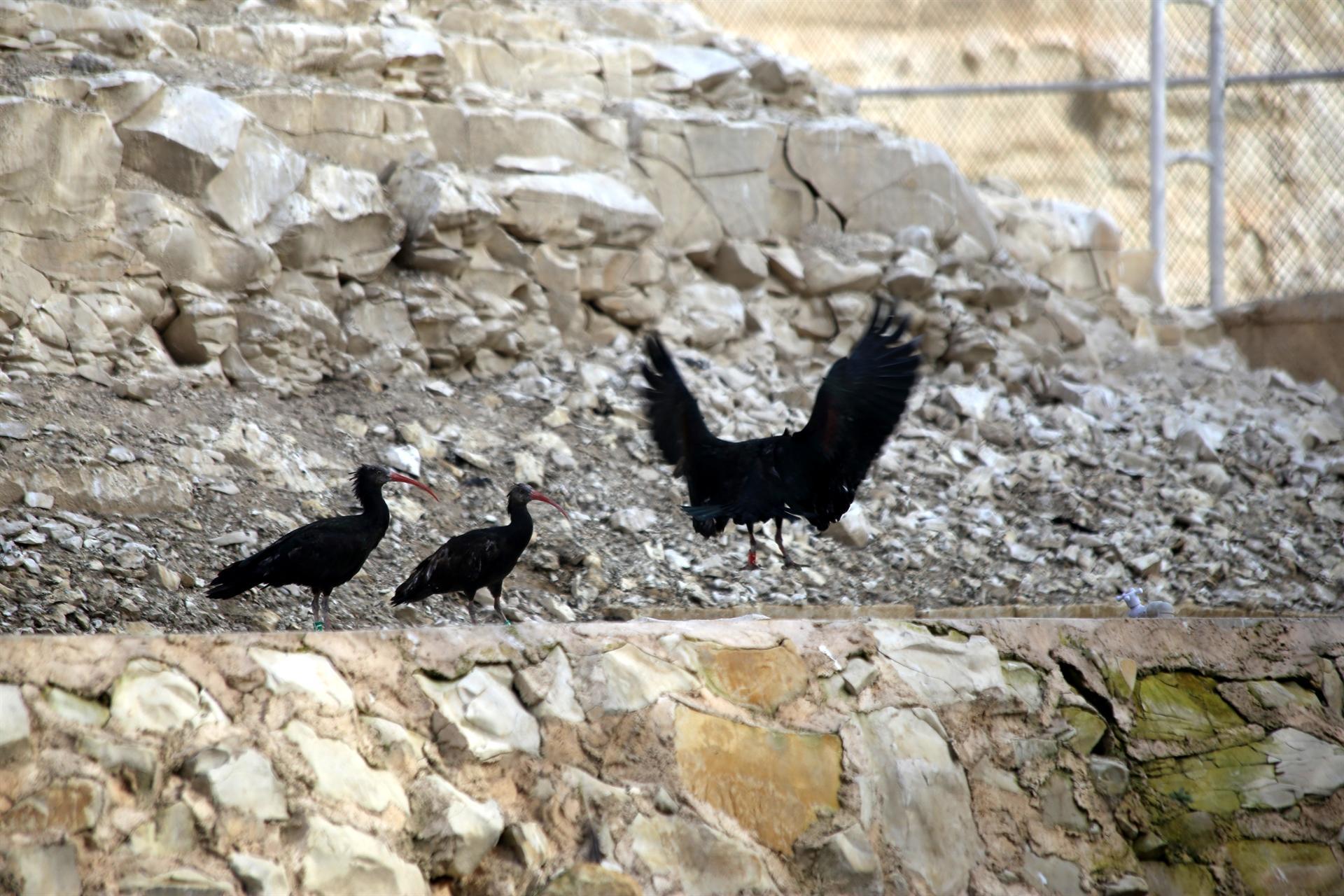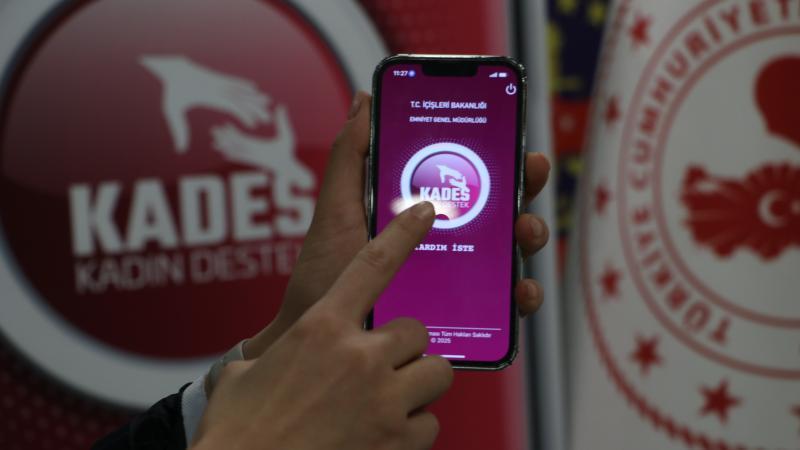‘Bald ibis’ released for reproduction period in Turkey’s southeast
ŞANLIURFA - Anadolu Agency

Northern Bald Ibises living in the Bald Ibis Reproduction Station in the southeastern province of Şanlıurfa have been released to nature to allow them to reproduce.
The Bald Ibis Reproduction Center was established in 1977 in the city’s Birecik district, and aims to allow these critically endangered species of bird to survive and reproduce.
The center feeds them a special diet including fat-free ground meat, boiled eggs, grated carrots, chicken feed and unsalted cheese.
The birds are followed daily by teams from the General Directorate of Nature Conversation and National Parks. With transmitters attached to their feet, they are set to be sent on their migration routes, but only once the war in Syria and other conflicts in the Middle East finally come to an end.
During the reproduction period of February and March, the ibises are set free to reproduce but are re-caged later on.
Some 241 bald ibises were released to nature at a recent ceremony held in the station. They are set to be taken back into their cages in July-August during their migratory period.
Speaking at the ceremony, Governor Abdullah Erin said bald ibises were important icons for Şanlıurfa and considered as “symbols of abundance.”
Erin said works were ongoing to increase the number of bald ibises.
“I hope they will reproduce in nature. Some seven bald ibises we set free last time did not return. They died from natural causes, hunting or war. We do not let them migrate because of the war beyond our border. This may change in the coming years when their number increases,” he added.
The Northern Bald Ibis is a large black bird with a featherless head and neck and a long curved red beak that lives in semi-desert or rocky habitats. Almost extinct, the bird is in the Red List of Threatened Species, published by the International Union for Conservation of Nature and Natural Resources (IUCN).
According to local legend in the Birecik region of Şanlıurfa, the Northern Bald Ibis was one of the first birds that Noah released from the Ark and is for this reason seen as a symbol of fertility. A lingering religious sentiment in Turkey has helped the colonies there to survive long after the demise of the species in Europe.
















